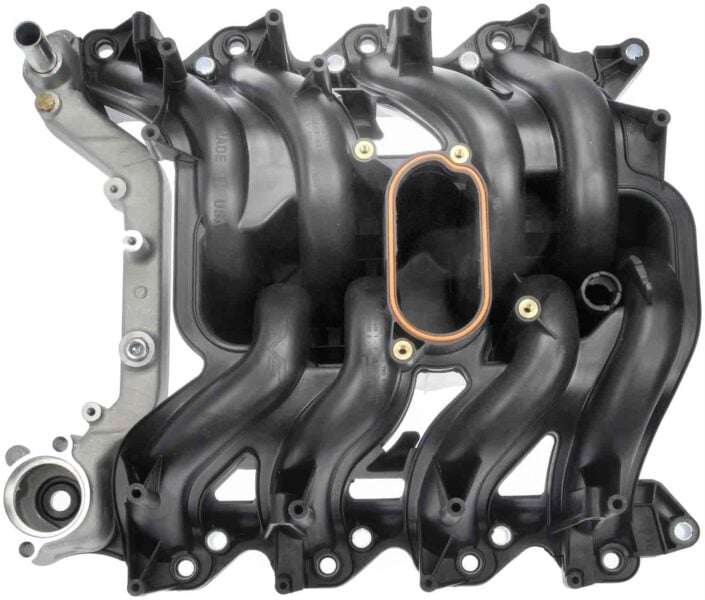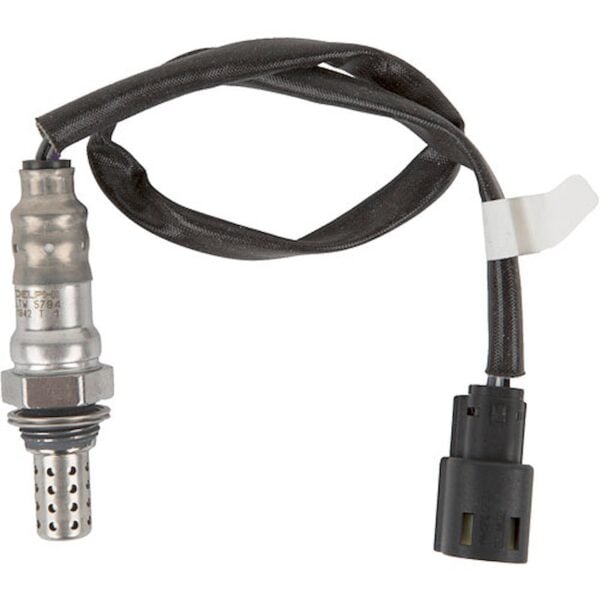Sign up now to join the JEGS email newsletter and be the first to learn about new products, special deals and e-mail only offers!



The modern automobile is a wonder of mobility, perfected over a hundred years of development. While all modern gasoline engines in cars, SUVs, trucks, and vans use fuel injection systems, carburetors are popular in older vehicles. What's the difference between the two? In this article, we at JEGS will take you through how each system works, the pros and cons, and which is best.
Whether it's a carburetor or fuel injection system, the end goal is to mix the right proportions of air and fuel (gasoline) and send it to the cylinder, where it can be ignited by the spark plugs. So, let’s find out how each system works, in the simplest terms possible, given that each system alone would require an entire book for an in-depth explanation and analysis.
The carburetor is the oldest technology for combining air and fuel to be fed into the combustion chambers of an engine. Basically, it works by using what’s known as a venturi tube that creates a vacuum by decreasing air pressure. The venturi effect pulls in fuel from a float bowl, and this ratio is adjusted using two valves. One is the choke, and the other is the throttle. Fuel is introduced via jets that must be precisely calibrated for maximum efficiency. While the correct stoichiometric ratio of gasoline to air is 1 part fuel to 14.7 parts air, it is possible for an engine to run rich (more fuel) or lean (less fuel).
The choke valve is used to restrict the airflow into the engine when starting, thus increasing the ratio of fuel to air, and promoting a rich mixture that can help cold starts. The throttle valve is connected via cable to the throttle pedal and controls how much air is allowed to enter the carburetor and, consequently, the engine. If you're looking for carburetors or carburetor-related products, JEGS has a comprehensive range from brands such as Edelbrock, Holley, Demon, Proform, Quick Fuel, and more.
Early fuel injection systems appeared in the 1950s and were of the mechanical direct injection type, although manifold (indirect) injection soon became commonplace. By the late 1970s, electronically controlled fuel injection systems (EFI) were starting to appear. Fuel injection uses an array of fuel injectors that may directly spray fuel into the cylinders (direct injection) or into the manifold leading to each cylinder (indirect injection). The injectors are fed pressurized fuel by an electric fuel pump and an array of sensors and an electronic control unit to precisely meter out the amount of fuel being injected, in response to changing load conditions.
If it’s a fuel injection system or related components that you require, check out the range of options from JEGS. They include kits, wiring, throttle bodies, tuning components, and more, from reputed brands.
Sign up now to join the JEGS email newsletter and be the first to learn about new products, special deals and e-mail only offers!

What are the pros and cons of carburetors? Contrary to what you might think, carbs still have some advantages over fuel injection systems. The pros of carburetors include:
However, carburetors were superseded by fuel injection systems and are not found in any new automobiles on sale because they have a number of disadvantages. Some of them include:
What’s so great about fuel injection? Let us enlighten you.
However, fuel injection systems aren't perfect — they do have some weak spots.
For the everyday user, it’s clear that while a well-adjusted carb is nice, electronic fuel injection represents a hassle-free avenue for ensuring that your engine turns air and fuel into power and torque reliably. However, the carb still reigns supreme in specific applications, and if your car is a classic that came with a carburetor from the factory, you'd do better to keep it as-is.
Founded in 1960 by Jeg Coughlin, JEGS has become the go-to place for a wide array of performance parts. A family-owned business, JEGS maintains a physical store in Columbus, Ohio, and a comprehensive website for placing orders online. Talk to the friendly experts at JEGS and they will be glad to hook you up with whatever you require.



